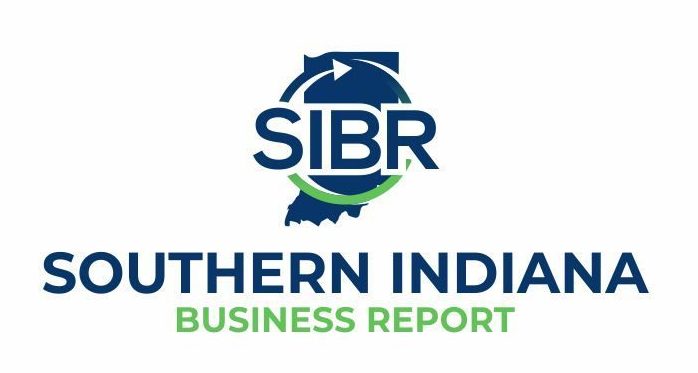Larry DeBoer, Purdue University
Indiana county treasurers soon will mail property tax bills to owners of homes, rental housing, farmland, and businesses. Most will see big increases in the assessed value of their property. This will mean big increases in tax payments.
The increase is a legacy of the pandemic. Property values rose a lot in 2021. Home prices increased as mortgage interest rates fell and people demanded more space to work at home. Farmland prices increased because corn and soybean prices spiked, making land ownership more profitable. Construction costs increased due to shortages of building materials.
The Indiana Constitution and the state’s regulations require that property assessments reflect objective measures of property wealth. County assessors used data on 2021 price hikes to set assessments in 2022. Tax bills this year are based on those higher assessments. Only now, in 2023, are the consequences of the pandemic showing up in property tax bills. Across the state assessed values are rising by 14.6%, the biggest increase in 20 years.
Indiana puts three important limits on property tax bills. Each reduces taxes below what they would be otherwise. They just won’t hold back tax bill increases in 2023. The state maximum levy doesn’t cover some of the big property tax levies. The homestead standard deduction doesn’t increase with rising homestead assessments. And the circuit breaker tax caps are based on percentages of those rising assessments.
The levy is the revenue to be collected from the property tax. Most levies are subject to a state maximum growth limit, which is 5% for 2023. Most local governments have been forced to cut their tax rates because assessments are rising faster than maximum levy growth. Yet, the total levy increased by 8.9% in 2023, a lot more than the maximum levy growth limit.
That’s because two important parts of the property tax levy are outside the maximum levy controls. Voters pass school operating referendums with a maximum tax rate, not a maximum levy. So, if school districts keep their referendum rates constant, levies increase at the same pace as assessed values. Debt service rates are outside the maximum levy limits too. Lenders don’t like restrictions on governments’ ability to repay their debts. Schools have by far the most debt, and many did not reduce their debt service rates much in 2023. They borrowed more money instead, so debt service levies increased a lot.
The homestead standard deduction subtracts $45,000 from the assessed value of homes before tax rates are applied. The deduction is unchanged in 2023. Suppose the assessed value of a $200,000 home rises 20%, to $240,000. After the deduction is subtracted, the increase is $155,000 to $195,000. That’s a 26% increase—more than the rise in the assessed value. Suppose it’s a lower valued home that increases 20%, from $100,000 to $120,000. After the standard deduction the increase is $55,000 to $75,000, which is 36%. The standard deduction doesn’t increase with the assessed value of homes, so taxable assessed values increase even faster, more so for lower valued homes. Tax bills rise faster too.
The circuit breaker caps limit the tax bills on homesteads to 1 percent of assessed value. They limit the tax bills on rental housing and farmland to 2%, and business property to 3%. The caps reduce tax bills by subtracting circuit breaker credits from tax amounts, in places where tax rates are high.
When assessed values rise, though, so do the circuit breaker caps. Homeowners are still helped some, because the tax bills are based on assessments after the standard deduction, while the caps are based on the assessed value before deductions. Tax bills rise faster than the caps, so homeowners will see more circuit breaker credits. For other taxpayers, the caps are rising just as fast as tax bills. In fact, since tax rates are falling in 90% of tax districts, fewer taxpayers will be eligible for tax cap credits.
Assessments are rising with property values, as the Indiana Constitution requires. But they’re rising so fast that they have overwhelmed our property tax limits. The General Assembly may pass legislation to limit tax bill increases next year. This year, taxpayers will have to pay.



